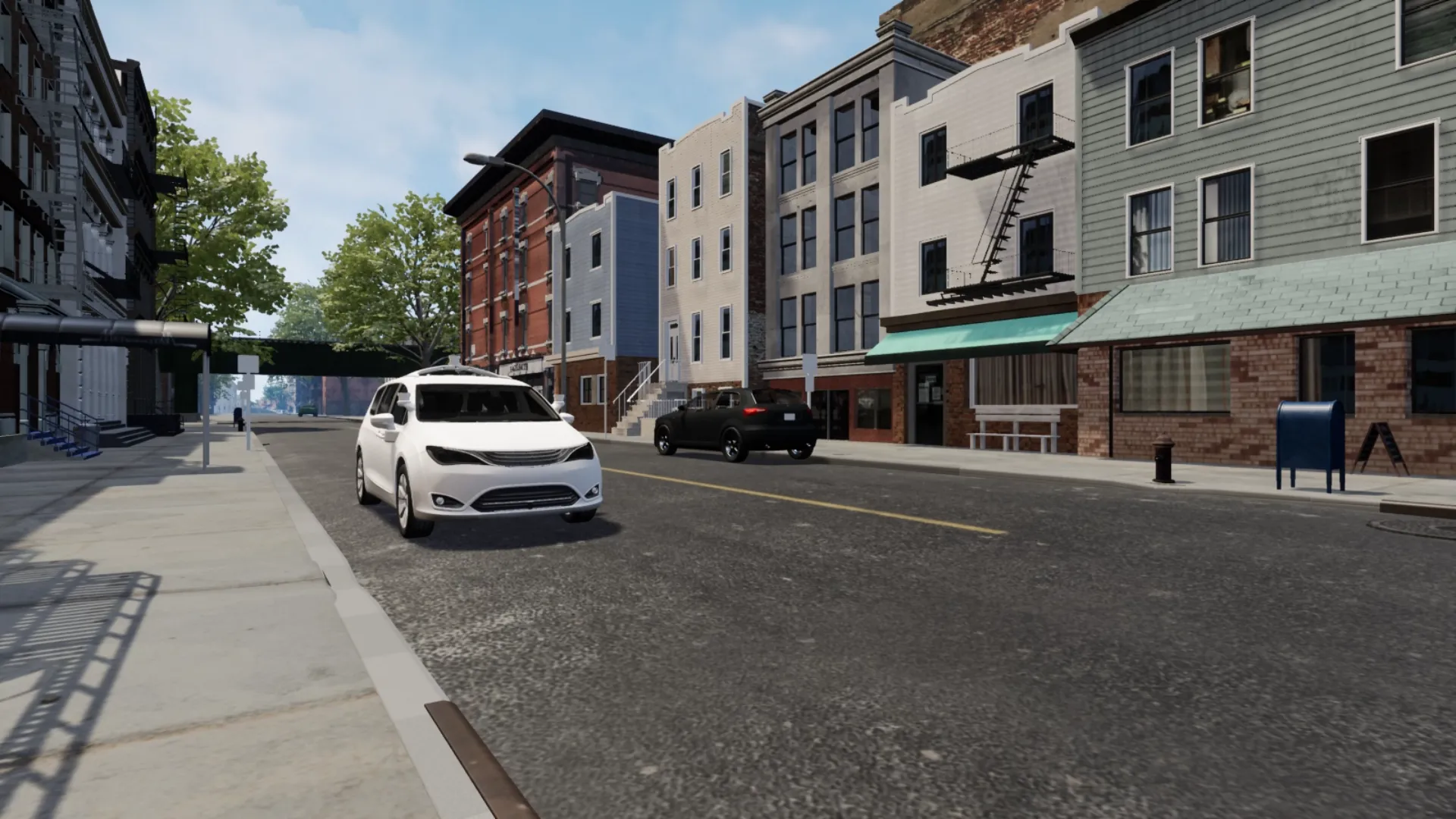The 300-acre industrial park has more than 400 manufacturing businesses and 10,000 employees on site.
Dr. Ryan Chin, Optimus co-founder, says the system will “provide access to and experience with autonomy for thousands of people, helping to increase acceptance and confidence of this new technology”.
Optimus is operating six AVs between the NYC Ferry Stop at Dock 72 and the Yard’s Cumberland Gate at Flushing Avenue.
Initially, a safety driver and software operator will remain onboard when the vehicle is in operation. Each vehicle will be able to carry up to four passengers on a loop between the dock and Cumberland Gate. During weekends, the service will run between the dock and Building 77.
The deployment comes as the yard undergoes a $1 billion expansion, which is expected to increase jobs in the area from 10,000 to 20,000 by 2021.
Additionally, the Brooklyn Navy Yard Development Corporation (BNYDC) announced a $2.5 billion plan to create 10,000 additional jobs in manufacturing buildings, bringing the total number to 30,000 in coming decades. BNYDC will also aim to provide improved lighting and streets to make the area more pedestrian and cyclist-friendly.
Optimus Ride launches AV service at Brooklyn Navy Yard
Optimus Ride is operating an autonomous vehicle (AV) service at the Brooklyn Navy Yard in New York and expects to transport more than 16,000 passengers per month.
The 300-acre industrial park has more than 400 manufacturing businesses and 10,000 employees on site.
Dr. Ryan Chin, Optimus co-founder, says the system will “provide access to and experience with autonomy for thousands of people, helping to increase acceptance and confidence of this new technology”.
Optimus is operating six AVs between the NY
August 27, 2019
Read time: 2 mins
Optimus Ride is operating an autonomous vehicle (AV) service at the Brooklyn Navy Yard in New York and expects to transport more than 16,000 passengers per month.








